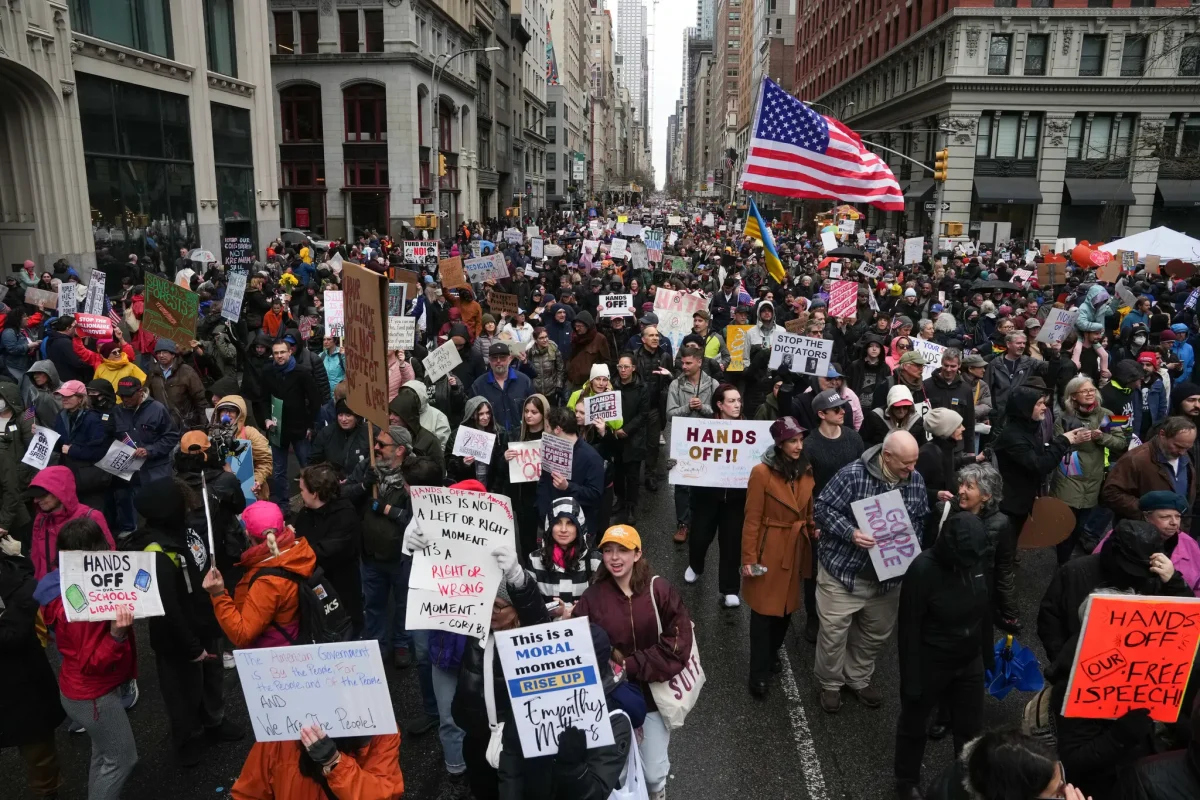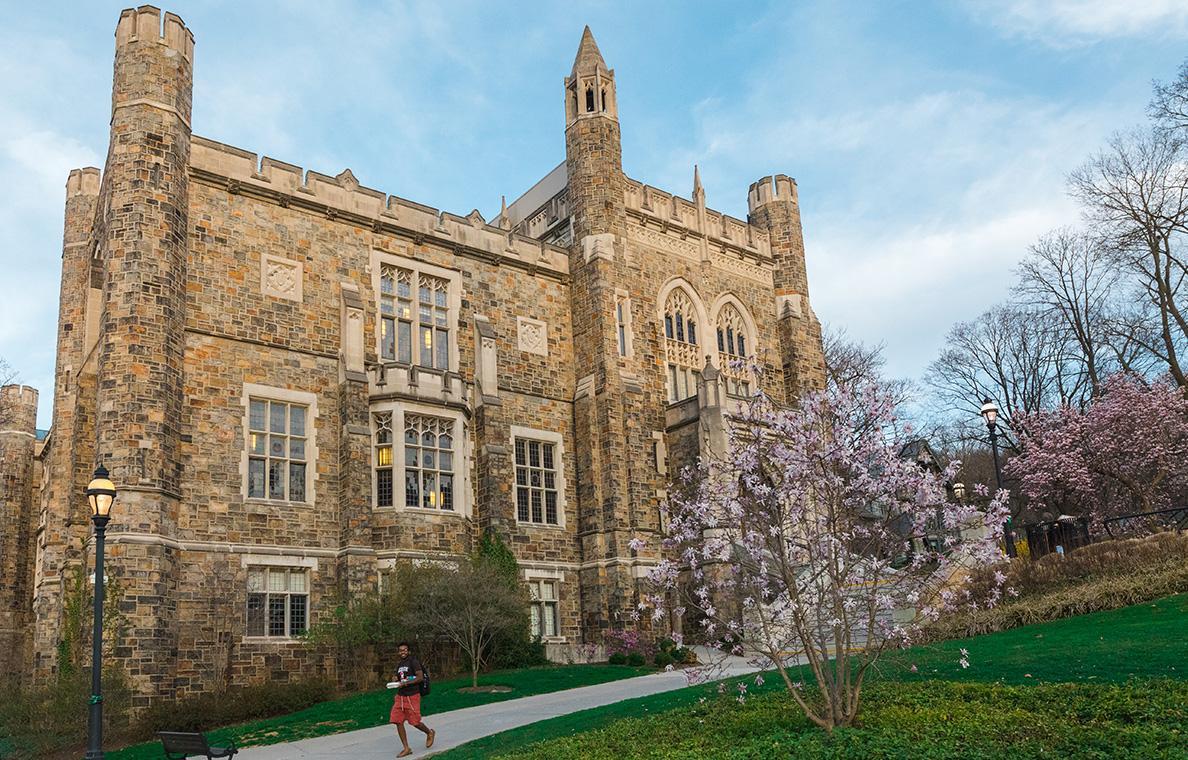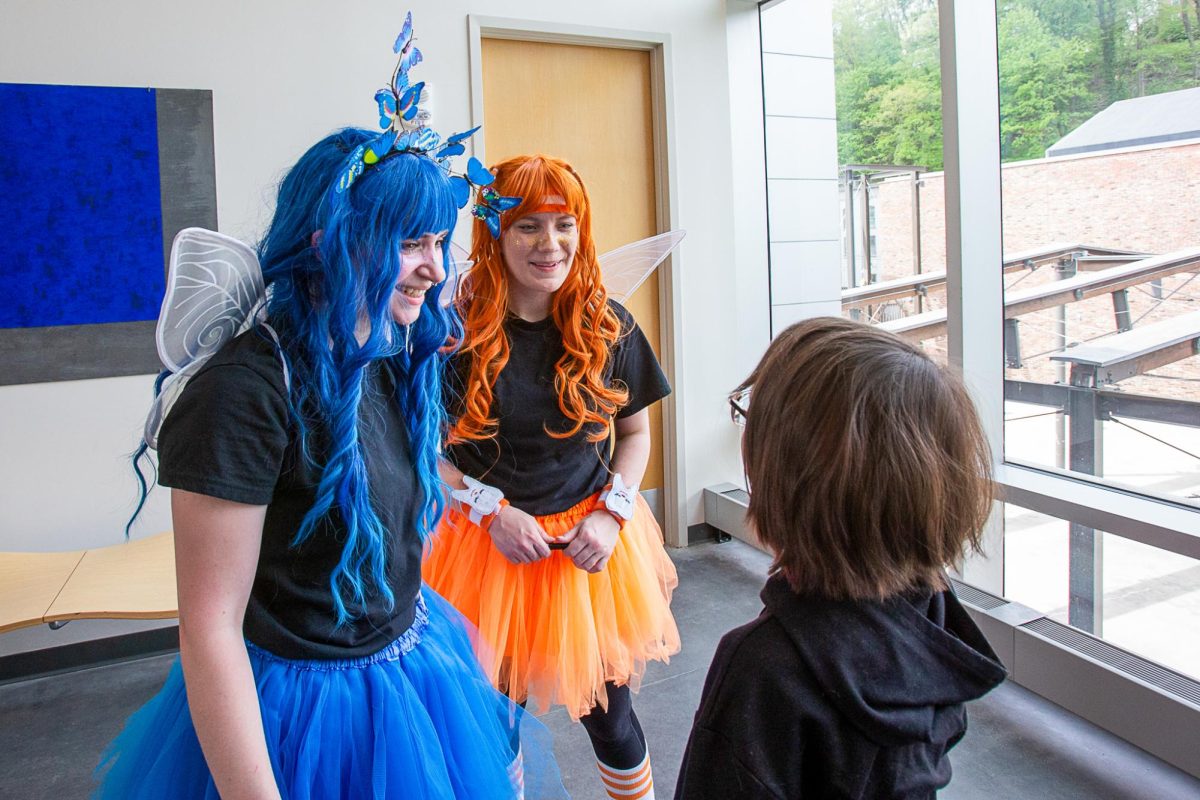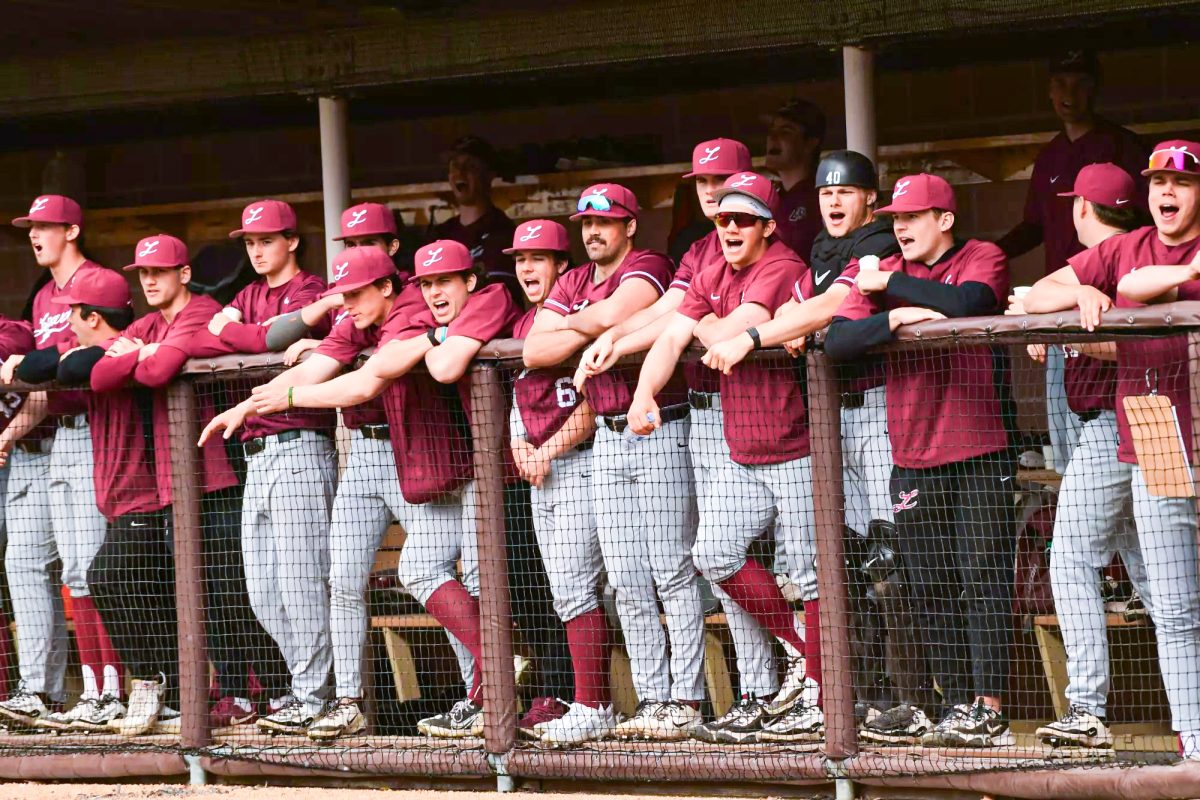I want to talk about Colin Kaepernick, except… I don’t. I’m not adding to the war of words that is being waged regarding his choice to take a stand by not standing. What I actually want to talk about is when sports transcends the realm of athletically-gifted people competing against each other and enters the world of culture and politics.
In case you are living under a metaphorical rock, recently, big names like Kaepernick, Megan Rapinoe and numerous NFL players have chosen to kneel during the national anthem in protest against injustices in America. Before that NBA, NFL and WNBA stars protested police brutality with #BlackLivesMatter and “I can’t breathe” warm up shirts and “Hands up, don’t shoot” displays.
These aren’t dumb jocks. They are teammates and citizens and humans that are using the platform provided by their athletic gift to make a statement. They are choosing to fight more than just their scheduled opponent. They are using rights bestowed upon them by the Constitution to speak out against something they deem unjust.
But they are not the first. Athletes have a rich history of using their fame and time in the public eye to make a statement that is more important than throwing down an emphatic dunk or delivering a knock out punch.
Jackie Robinson’s integration of Major League Baseball, John Carlos and Tommie Smith’s protest against racial inequality at the 1968 Olympics, Muhammad Ali refusing to be drafted for the Vietnam War because of his religion, Billie Jean King and the Battle of the Sexes. These are powerful and pivotal moments in the history of American sports, and in history; period.
As the world of sports became increasingly lucrative, many of these protests and political statements stopped. For some, there was simply too much to lose. But perhaps it was the fact that actions of the athletes themselves garnered more attention and outrage than the actual injustices they were bringing to light.
At the time of their respective protests, these athletes were vilified. Criticized for stepping out of bounds, so to speak, and trying to make changes when all they should really focus on is helping our team win the next game. The vitriol didn’t stop there. In some cases these athletes received death threats for their displays.
It has been said many times before, but it’s true, so I’m going to repeat it: It’s quite sad that there is more outrage and backlash against someone exercising their right to free speech than towards the very injustice they are speaking out against.
But there is hope. Some of the athletes that faced the most vehement criticism then are now some of the most highly respected athletes in history. Jackie Robinson’s number is the only one to be universally retired in Major League Baseball. John Carlos and Tommie Smith won the Arthur Ashe Courage Award at the 2008 ESPY Awards. Muhammad Ali was voted the greatest athlete of the century by Sports Illustrated and Sports Personality of the Century by BBC. Billie Jean King was honored with a Presidential Medal of Freedom. They won these awards not because they were some of the greatest to ever play — trust me, they are — but because their strong stance led to fundamental change.
Who knows, maybe twenty years down the line we will look at Colin Kaepernick and those that followed him with the same regard. But twenty years is far too long to cease the criticism and decide someone’s campaign is a worthwhile one. We need to start addressing the issue for once, instead of merely attacking the messenger.






















































































































